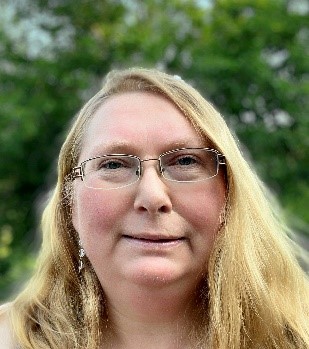Collection
Topical Collection on Polluting the darkness
- Submission status
- Upcoming
- Open for submission from
- 15 June 2024
- Submission deadline
- 01 April 2025
Editors
-
Professor Terje Christensen
Dr. philos. at the University of Oslo 1984 with a thesis is on Photodynamic Therapy. Senior research scientist at the Norwegian Radiation Protection Authority (+ guest researcher elsewhere) 1985 - 2022. Professor in biophysics at the University of Trondheim (NTNU) 1995-1999 and at USN from 2019. Head of the local organising committee of the 9th Congress of the ESP, Lillehammer 2001. Head of Research Area 5 on UV in the CERAD Centre of Excellence, 2013-2018. Board member, Norwegian Society for Photobiology and Photomedicine (from 1983). 68 publications in peer-reviewed journals (total 160 publications).
-
Assoc. Professor Alp Durmuş
Alp Durmuş is an Assistant Professor in the Department of Architectural Engineering at the Pennsylvania State University. He completed his Ph.D. at the University of Sydney, Australia and worked as a postdoctoral researcher at the Pacific Northwest National Laboratory (PPNL), United States. Alp conducts research on colorimetry, visual perception, image statistics, a nd environmental and health impacts of lighting, including circadian photobiology and light pollution. His research investigates next-generation lighting systems that reduce energy consumption while increasing occupants’ wellbeing and satisfaction using psychophysical experiment
-
Assoc. Professor Annika Jägerbrand
Annika obtained her PhD in ecology from Göteborg University in 2005 and currently holds a position as an associate professor in biology at the University of Gävle in Sweden. Annika has been leading research projects on road lighting for almost fifteen years and is a highly experienced multi-disciplinary researcher. She has authored more than hundred scientific publications and several dozens of popular papers. Her research focuses on the ecological impact of LED lighting, measures to mitigate ecological impacts of light pollution, lighting design, sustainability, energy efficiency and traffic safety.




